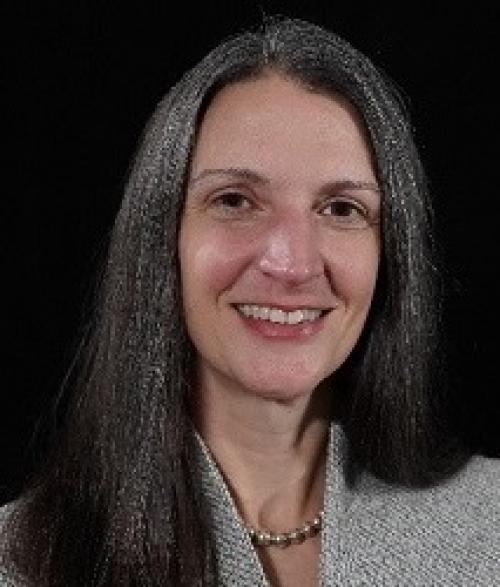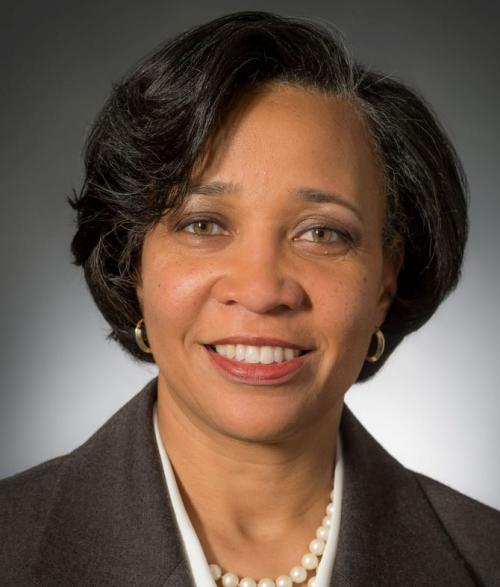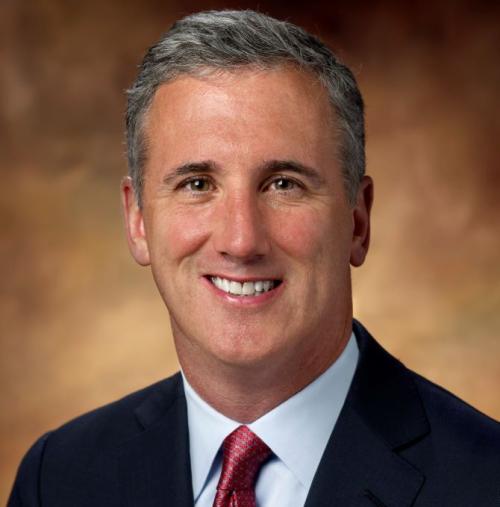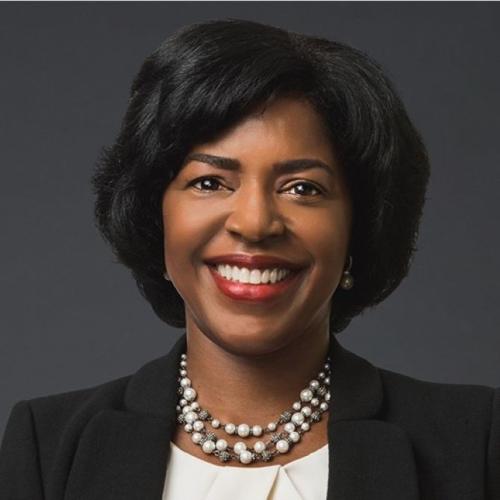Compensation plans enjoy an average support level of 90 percent.
At its annual meeting in late January, Jacobs Engineering became the first company in 2011 to have its compensation plan voted down by shareholders. Industry observers have attributed the ‘no’ vote, at least in part, to ISS’ negative recommendation, which noted that Jacobs’ CEO’s compensation had risen significantly in 2010, even as shareholder returns lagged below the median returns of the firm’s peers.
‘The compensation committee’s decision to award a significant non-performancebased grant to the CEO is anything but shareholder-friendly,’ the ISS analysis reads. ‘This is the second time in the past four fiscal years that the trend in total CEO pay at [Jacobs] diverged from the firm’s shareholder returns. Given this misalignment of pay and performance, a vote against this proposal is warranted.’
While a negative recommendation from ISS doesn’t necessarily doom a say-on- pay proposal, it is an obstacle that can be hard to overcome. ‘You have to know your shareholders and talk to them in advance to make them comfortable, and that is difficult,’ says Patrick Quick, a partner at Foley & Lardner who specializes in corporate governance and has already helped several organizations with their proxy statements this season. ‘You need to anticipate what potential negative recommendations you might get and work to counter them pretty quickly after you mail your proxy statement. If you fell down on pay for performance, you have to go out and proactively explain why, despite this, investors should vote with you.’
About 53.7 percent of Jacobs Engineering’s shareholders, representing 48.75 million shares, gave the plan a thumbs down, winning the California-based company a dubious honor: not only was the non-binding Jacobs ‘no’ vote the first compensation proposal
defeated in 2011, it also came just two days after the SEC adopted new rules requiring such advisory votes, as mandated under the Dodd-Frank Wall Street Reform and Consumer Protection Act.
‘I think it is a wake-up call for companies,’ says Patrick McGurn, special counsel at ISS. ‘They need to do a better job of communicating in particular, because there is a possibility their plans are going to fail.’
Unusual events
‘No’ votes like the one Jacobs Engineering suffered are relatively unusual, accounting for about 1 percent of the say-on-pay votes put to shareholders. ISS had recommended ‘no’ votes on only 13 of the 125 proxy statements it had evaluated as Corporate Secretary went to press. ‘Most companies pass with flying colors, with an average support level of 90 percent,’ says McGurn.
Corporate secretaries and investor relations executives should nevertheless combat ‘no’ votes with effective communication, says Tim Smith, a senior vice president at Walden Asset Management, an investment firm based in Boston with $1.8 billion in assets. ‘[Management] should reach out to shareholders for feedback on pay,’ Smith says. ‘It can be as simple as setting up an email box for the chair of the compensation committee.’
Firms should also ensure their proxy statements are in plain English. ‘A convoluted proxy statement will frustrate investors,’ Smith adds. Intel’s corporate secretary created an electronic forum dealing in part with compensation. Prior to its 2010 annual meeting, Prudential Financial invited investors to write comments on the back of its proxy statements; it received 2,600. Shareholders approved the compensation plans of Intel and Prudential by 90 percent and 85 percent, respectively.
Frank Steeves, general counsel and corporate secretary for Emerson Electric, says he made sure his proxy statement spelled out the company’s positions in clear language. And when Emerson decided not to adopt the exact format for sustainability reports pushed for by Walden and its allies, he wrote a personal letter to investors explaining the company’s reasons, and followed it up with phone calls. At Emerson’s annual meeting in January, 92 percent of shareholders approved the company’s compensation scheme.
Communication can only go so far, however. A case in point is Occidental Petroleum: last year its executives participated in several conference calls with investors, and Occidental was widely praised for its communication. Yet its compensation plan was still defeated, largely because Occidental consistently awards its CEO one of the highest salaries in the US. ‘Even though communication is critically important, the investor is looking for financial performance,’ says Steeves.








